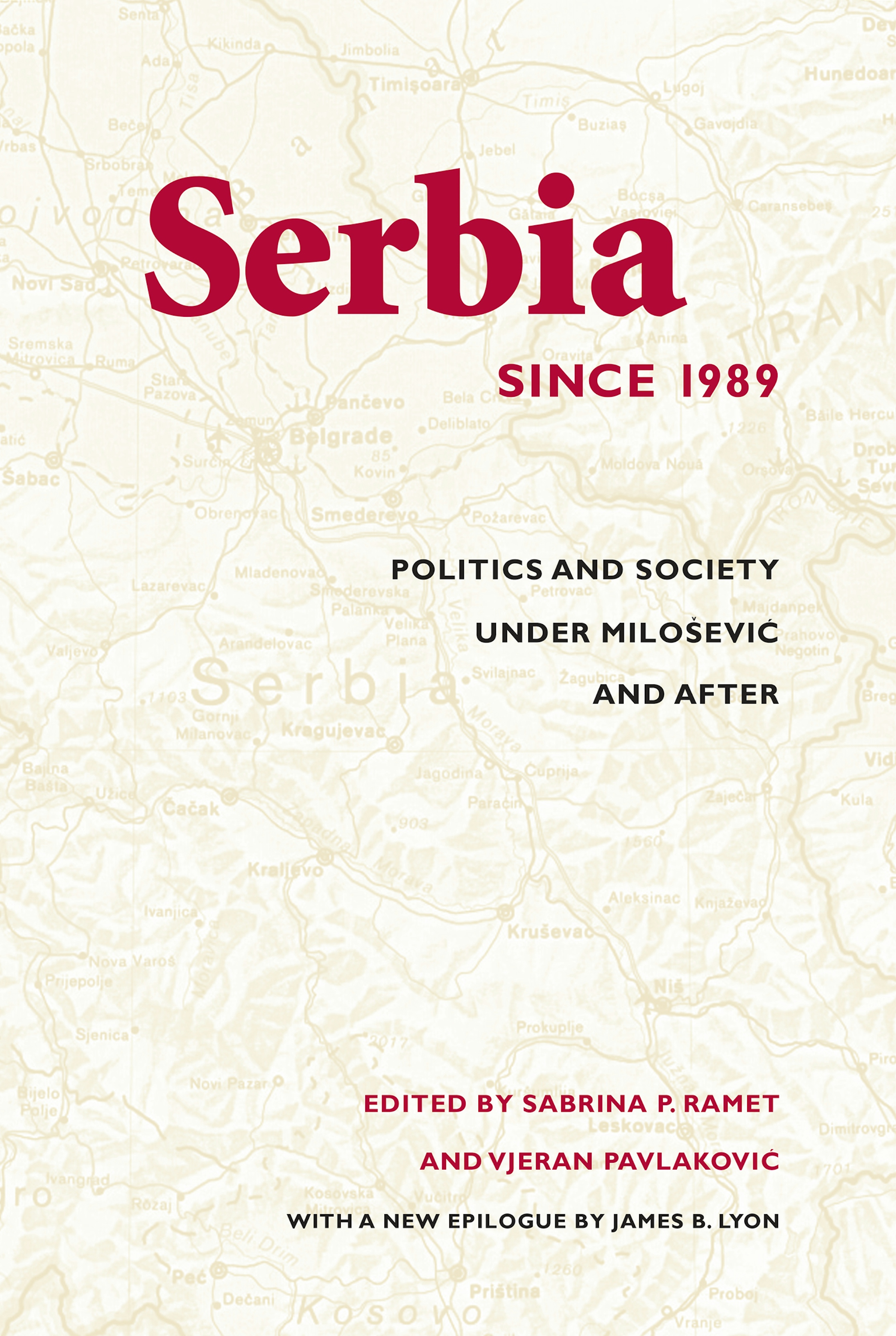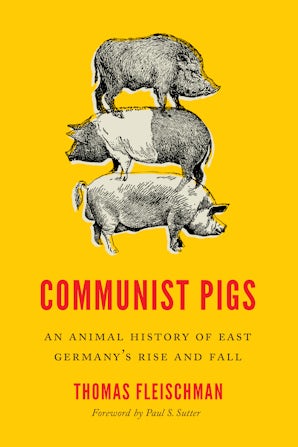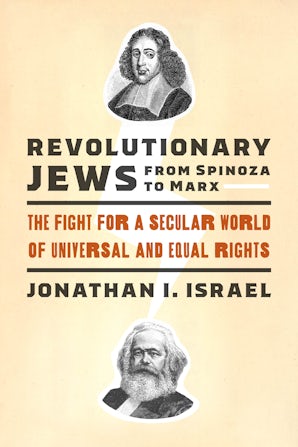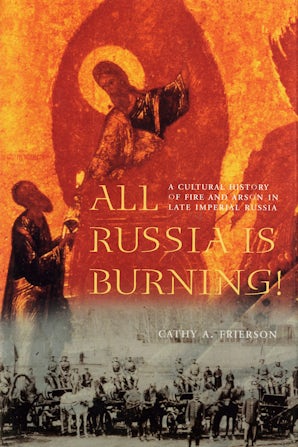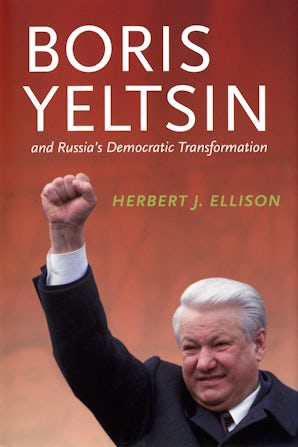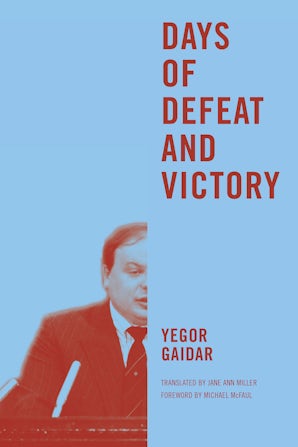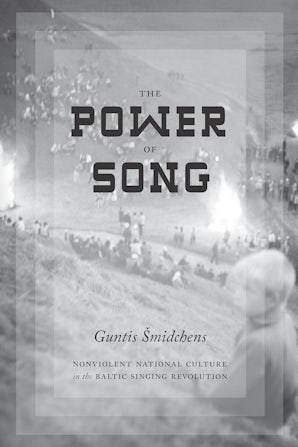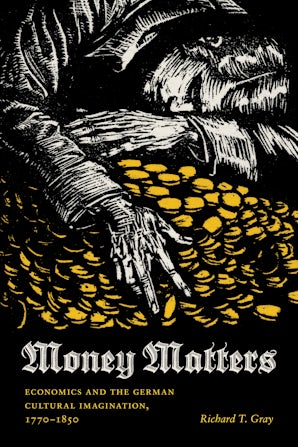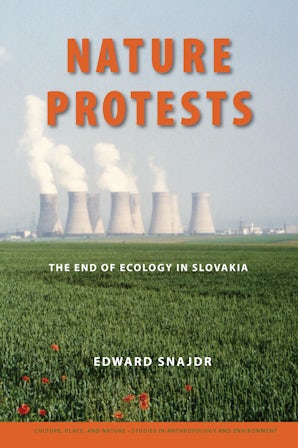During their thirteen years in power, Slobodan Milosevic and his cohorts plunged Yugoslavia into wars of ethnic cleansing, leading to the murder of thousands of civilians. The Milosevic regime also subverted the nation's culture, twisted the political mainstream into a virulent nationalist mold, sapped the economy through war and the criminalization of a free market, returned to gender relations of a bygone era, and left the state so dysfunctional that its peripheries--Kosovo, Vojvodina, and Montenegro--have been struggling to maximize their distance from Belgrade, through far-reaching autonomy or through outright independence.
In this valuable collection of essays, Vjeran Pavlakovic, Reneo Lukic, and Obrad Kesic examine elements of continuity and discontinuity from the Milosevic era to the twenty-first century, the struggle at the center of power, and relations between Serbia and Montenegro. Contributions by Sabrina Ramet, James Gow, and Milena Michalski explore the role of Serbian wartime propaganda and the impact of the war on Serbian society. Essays by Eric Gordy, Maja Miljovic, Marko Hoare, and Kari Osland look at the legacy of Serbia's recent wars-issues of guilt and responsibility, the economy, and the trial of Slobodan Milosevic in The Hague. Sabrina Ramet and Biljana Bijelic address the themes of culture and values. Frances Trix, Emil Kerenji, and Dennis Reinhartz explore the peripheries in the politics of Kosovo/a, Vojvodina, and Serbia's Roma.
Serbia Since 1989 reveals a Serbia that is still traumatized from Milosevic's rule and groping toward redefining its place in the world.
